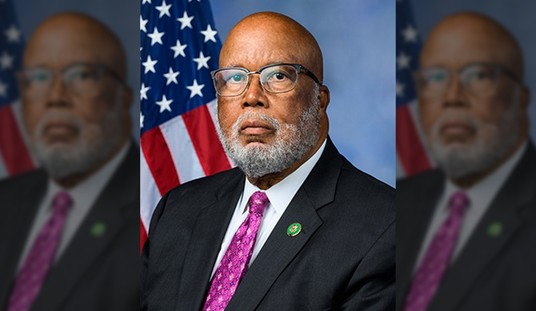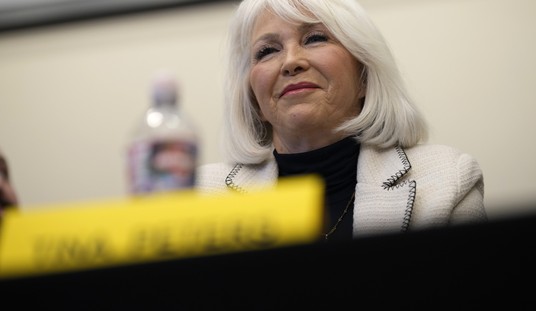When I write about forgiving Newt Gingrich’s sins and whether or not he has matured, it is stuff like this, not his personal life, that I am referring to:
THE READER’S DIGEST profile of Speaker Gingrich that I had been working on since October appeared in the April 1995 issue under the title “Will Success Spoil Newt Gingrich?” I am sure it was not what Newt had in mind when he gave me so much of his valuable time. The Gingrich profile and other Reader’s Digest articles still came out under the Evans & Novak byline as they had since we started writing for the world’s largest circulation magazine in 1981. Rowly and I were listed on the masthead as “Roving Editors,” producing four articles a year. The Digest was the most heavily edited publication we ever wrote for, but William Schulz, a conservative who ran the Digest’s Washington office, was the best editor I ever encountered and always improved my copy. Schulz had less to do with the final nature of the Gingrich article than another conservative, Kenneth Tomlinson. A former newspaper reporter and longtime Reader’s Digest staffer, Tomlinson had headed the Voice of America in 1982–84 during the Reagan administration and returned to the magazine as managing editor, to become editor in chief in 1989 at age forty-five. Ken was much more intimately involved in what I wrote than his predecessors, always in a positive way. Even before Gingrich was sworn in as speaker, Tomlinson expressed to me misgivings about him. He urged me not to go overboard on Newt, and I was having second thoughts myself, starting with the aborted $4.5 million book contract. Gingrich put the House on a backbreaking schedule to pass elements of the Contract with America that were mainly procedural. Was this revolution merely cosmetic? I thought Newt sometimes got entangled in the trivial, as in renaming the House’s standing committees. On Monday, December 5, 1994, nearly a month before the new Republican Congress was sworn in, I was addressing right-wing congressional staffers, activists, and lobbyists, giving an optimistic preview of the Gingrich Revolution when I got this question from the audience: “What would you say, Mr. Novak, if I were to tell you that half the Democratic professional staffers on the House Appropriations Committee are being retained by the Republicans?” “I would say it was an outrage,” I replied. It was all too true. In addition to 35 Appropriations staff members allocated to the Democratic minority, I learned that 50 out of the 119 staff slots allocated to the Republicans were actually holdovers.Novak, Robert D. (2007-07-10). The Prince of Darkness: 50 Years Reporting in Washington (pp. 524-525). Random House, Inc.. Kindle Edition.
That was Robert Novak, the celebrated journalist and conservative commentator in his memoirs. But that wasn’t all Novak had to say.
I had thought Gingrich reached four rungs down the seniority ladder for [Bob] Livingston to get a conservative reformer ending this buddy system of appropriators, but that was not it at all. I now realized that Gingrich was not trying to break this closed circle but merely trying to get a younger, more competent appropriator than the old-timers ahead of Livingston in seniority. Livingston was keeping the Democratic staffers because he was an appropriator at heart. Four days after seeing Livingston, I came to total agreement with Ken Tomlinson that we had better hedge our bets about Gingrich in the Reader’s Digest article. On that day, February 10, I breakfasted with Gingrich in the House Members Dining Room. He already had ceased to be the exuberant visionary who had so excited me after his 1994 election triumph. He seemed less tired than just plain bored with the workaday world of legislation. I noted speculation about Gingrich for president in 1996, expecting a routine denial. Instead, Newt said: “Well, wouldn’t you say that I had accomplished everything here [in the House] that I could?” I first thought he might be joking. But he wasn’t. Nothing substantive had been accomplished in the 104th Congress—no tax reform, no expenditure reform, no welfare reform, no tort reform. Yet Gingrich was ready to move on, his attention span apparently exceeded.Novak, Robert D. (2007-07-10). The Prince of Darkness: 50 Years Reporting in Washington (p. 526). Random House, Inc.. Kindle Edition.













Join the conversation as a VIP Member